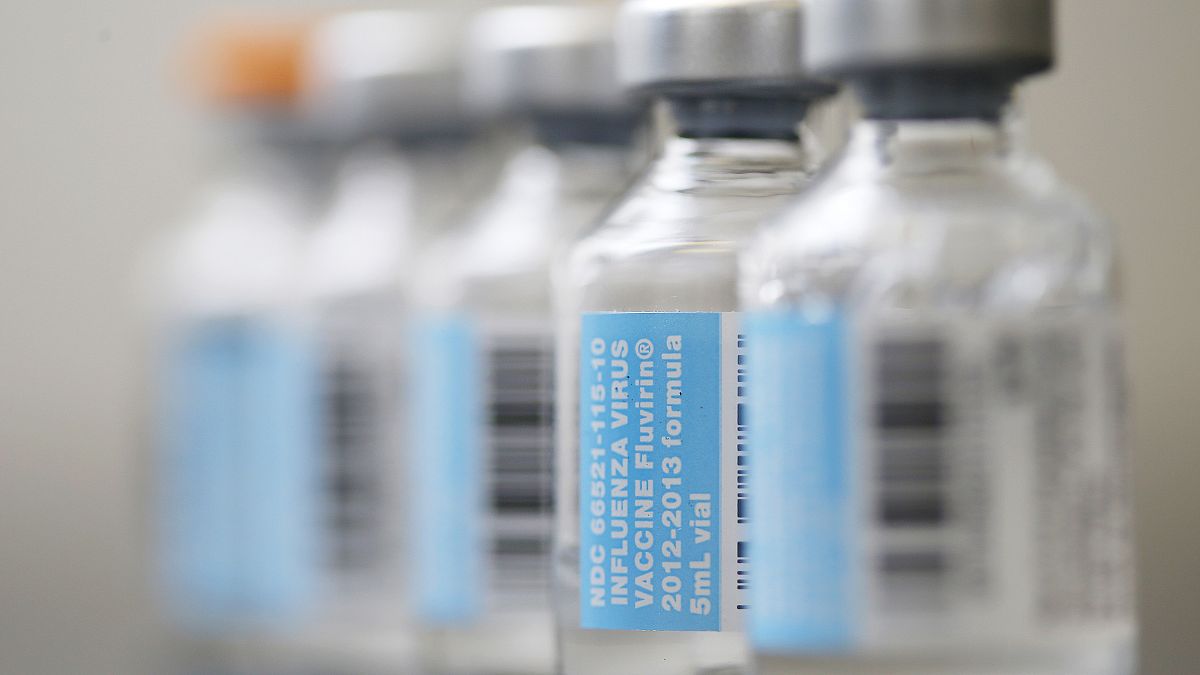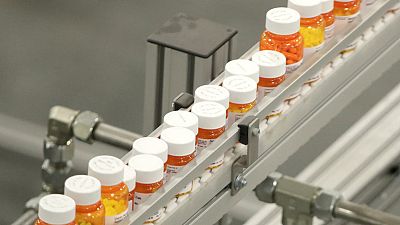The committee on environment and public health voted to increase the Commission’s proposal for regulatory protection for new pharmaceutical legislation by one-and-a-half years.
In April 2023 the European Commission proposed new pharmaceutical legislation designed to offer patients equitable access to medicines and to boost the role of the industry across the bloc.
As one of the key aspects of the proposal is to make medicines more available, affordable and accessible, the Commission presented new incentives to support innovating companies by increasing regulatory protection of rights over their products.
"Learning from the COVID-19 pandemic, this law will make the regulatory framework more efficient by shortening the duration for marketing authorisation and creating an accelerated process for approving medicines, benefiting both regulators and companies involved in medicine production,” said MEP Tiemo Wölken (Germany/S&D), after the vote on Tuesday (19 March).
With a set of compromise amendments supported by the majority of political groups, the biggest change from the original proposal lies in the regulatory protection period.
The Parliament sets the minimum time at seven-and-a-half years, a substantial increase from the six years in the Commission’s position and a decrease of six months from the current standard.
It also offers companies the chance to obtain a maximum eight-and-a-half years of protection if they satisfy several conditions.
Pharmacos would gain a one-year extension if they demonstrate that the medicine meets an unmet medical need (UMN) at the time of the marketing authorisation (MA); the Commission had proposed only six months extension in such cases.
An extra six months would be granted if the developer conducted comparative clinical trials to support the MA, already included in the original proposal, and another six months if a significant share of research and development was conducted inside the EU and at least in partly in collaboration with public entities.
The EU would also reward those companies who launch in all member states covered by the marketing authorisation, for which the Commission offered up to two years of extra data protection.
The European Federation of Pharmaceutical Industries and Associations (EFPIA) voiced concern about the impact of the planned legislation and warned that notwithstanding the changes proposed by Parliament that it would make Europe less attractive for research and development. EFPIA opposed the incentives being subject to various conditions.
“It is hard to comprehend how reducing incentives for companies to discover, develop and deliver new treatments in Europe is in the best interests of patients in the region,” said Nathalie Moll, EFPIA’s director general, adding that the proposals increased the likelihood that companies would shift resources to areas with “more ambitious life science strategies”.
Meanwhile, Medicines for Europe, representing the generic and biosimilar industries asked for more efforts to ensure equitable medicines access across the EU and regretted that the proposed legislation “continues to provide by far the longest protection period in the world”.
“The fight about protection periods was neither won nor lost. It is a compromise, and we avoided a nightmare for the member states’ health sector economies,” said MEP Margrete Auken (Denmark/Greens).
The European Parliament will vote on the committee report in plenary on April 11, after which inter-institutional talks will begin.



